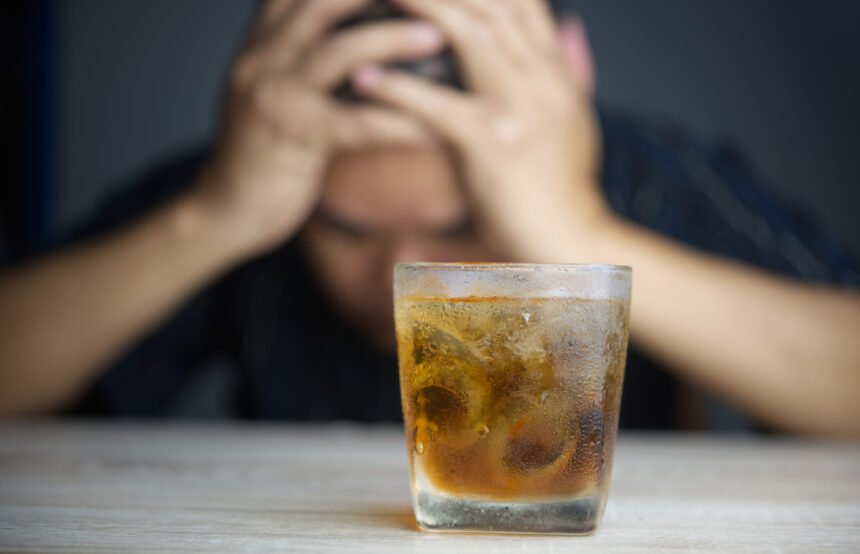Going to parties or sharing a nightcap with your partner can be a fun way to unwind and relax. For many couples, alcohol has little to no impact on their relationship. For others, however, it can be the catalyst for disaster.
If you and your partner drink more often than not or get into toxic behaviors when drinking, you’re not alone. However, it’s up to you to change the story to protect your relationship and yourself. You need to understand the physical and psychological effects of alcohol and know how to use it safely. If you can’t use it safely or keep it from ruining your relationship, then you probably shouldn’t drink at all.
Here are some helpful tips to stop alcohol from ruining your relationship, health, and safety.
Know the Signs
The first step in preventing alcohol from ruining your relationship is to recognize the signs. There’s a fine line between drinking recreationally and developing a problem, and that line is different from one couple to another.
If alcohol is the source of your fighting — either as the fuel for the fight or the subject of the fight — there’s a problem. You may find some major reasons to quit drinking. To be clear, if it weren’t for alcohol, you and your partner might not go out together, drink too much, and have a screaming match in the yard.
The issue could be more subtle, such as getting into a pattern of behavior that involves going out for friends with a drink and coming home six hours later unable to function. It could be your partner repeatedly missing important events because they’re too hungover.
Another common sign is hidden drinking. If you feel that your partner is hiding their alcohol consumption or you feel the need to do so, that’s a sign of a deeper issue. Also, if either of you struggle to set boundaries and feel a need to drink, it’s time to reevaluate how you’re living your life.
Start with a Discussion
Communication is the foundation of any relationship. The first step in saving your relationship is to have a calm discussion. To be clear, a calm discussion takes place when you’re both sober and ready to talk, not while you are drinking.
If you’re sharing your concerns, it’s important to use non-confrontational language. Try not to assign blame, and focus on how you feel about the situation.
Your spouse may not be receptive to having this conversation. The best you can do is state your concerns and needs about the issue and try to hear their thoughts in return.
Accept Your Role
Understand that you might be contributing to the problem. When couples get into alcohol-fueled toxic behavior, there are often two people participating in the narrative that’s unfolding. Accept that you may have played a role in how the relationship is progressing.
It’s worth noting that accepting your role doesn’t mean taking the blame for things that aren’t your fault. If your spouse turns abusive when drinking, that’s not on you. Sometimes it’s about accepting your role as a victim.
Seek Help Together
If you’re both struggling to control your alcohol intake and can’t change your behaviors, seek help as a unit. There are counseling programs available that are Couples Rehabs and designed to help both parties with their issues.
It can be incredibly challenging for one partner to change their behavior while the other is unwilling or unable to try. Approaching the problem together is an effective way to salvage your relationship in a healthy way.
Find New Activities
Changing your relationship with alcohol and focusing on your relationship with your partner may necessitate other lifestyle changes. You may have to distance yourself from certain friends or activities to guide the process.
Be open to trying new things and seek to replace the activities you sacrificed with something more fulfilling.
Learn When to Say “Enough”
Finally, know when to be done. If you can work together to improve your relationship and solve the problems alcohol is exacerbating, that’s great. If your partner is unwilling to try or things aren’t working, it’s time to leave. No relationship in the world is more important than your health and safety.

